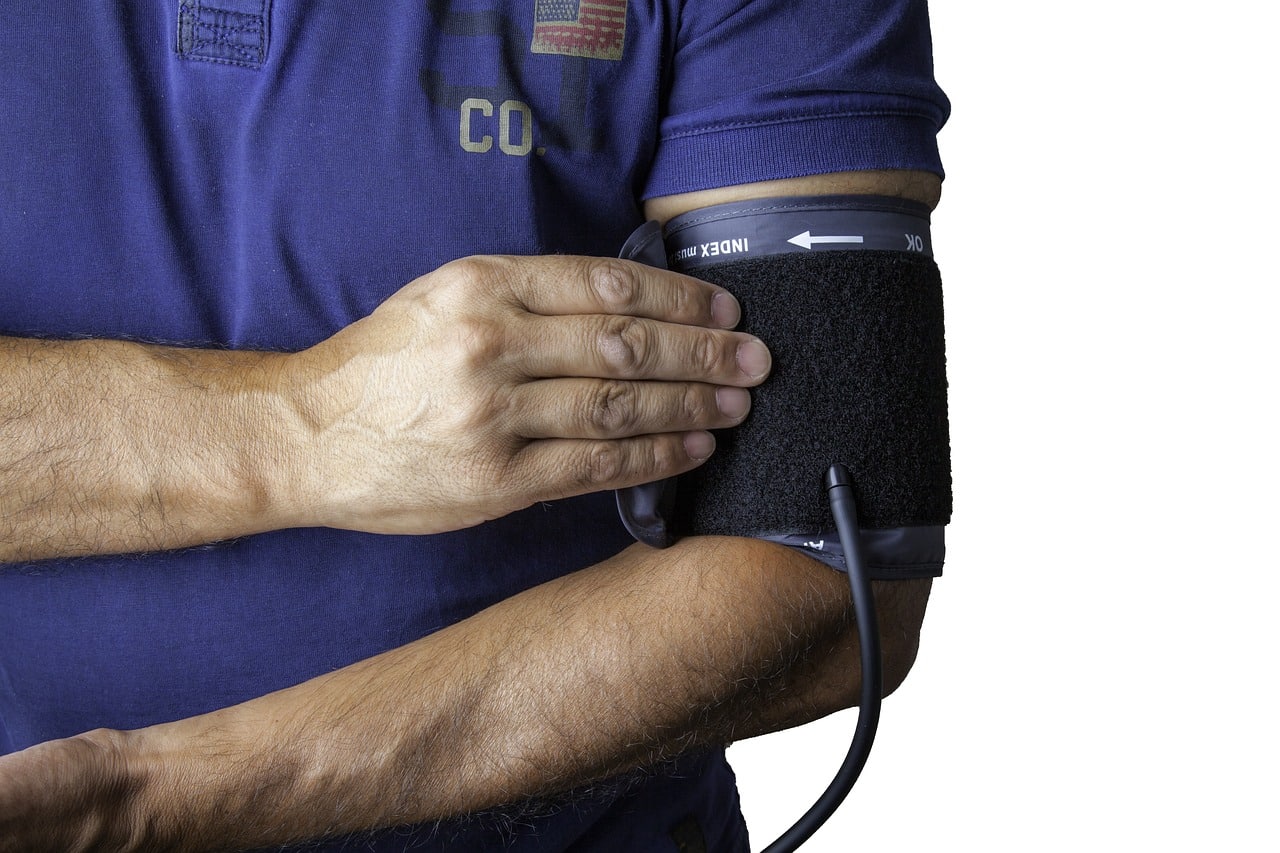I started looking into Glycocalyx. Several presenters recently implied that it may be a worthwhile target for modification. While there is an extensive body of research supporting the Glycocalyx role of vascular repair, blood pressure, brain, heart, kidney health, and microvasculature regulation, I find the lack of clinical outcome with supplementation troubling. The data is lacking.
Here is what I have found so far:
- Supplement Arterosil HP (Calroy or Designs for Health) is being promoted as containing a unique marine polysaccharide consisting of rhamnan sulfate (RS) and L-rhamnose. Data for its use in vascular health come from in vitro studies using microfluidic chips. The company (Claroy) cites a study from China where the addition of various concentrations of RS (provided as MonitumRS) was comparable to heparan sulfate, a component of glycocalyx, in restoring mean fluorescent intensity (MFI) of cells under conditions of high glucose and increased shear stress. The study cites no dose-dependent relationship and states findings were statistically significant, but no p-value is provided.
- Additional in vitro and some mouse studies by primarily China-based researchers report on reduced LDL permeability, anti-inflammatory activity, anti-thrombin activity, etc.
- Drexel University’s mouse study found that Apo E—/—knockout mice fed a high-fat diet for 12 weeks had a reduction in the aorta and aortic arch plaque volume (60%, 39%) with MonitumRS vs. controls.
- A 10-adult human study of adults with uncontrolled BP who used Arterosil HP twice daily did not find a statistical difference in systolic blood pressure but showed reduced diastolic pressure. This study was open-label, single-arm, and Mark Houston was the PI.
To continue reading and to discover more blog posts like this one, consider subscribing to our Holistic Heart University Community.


